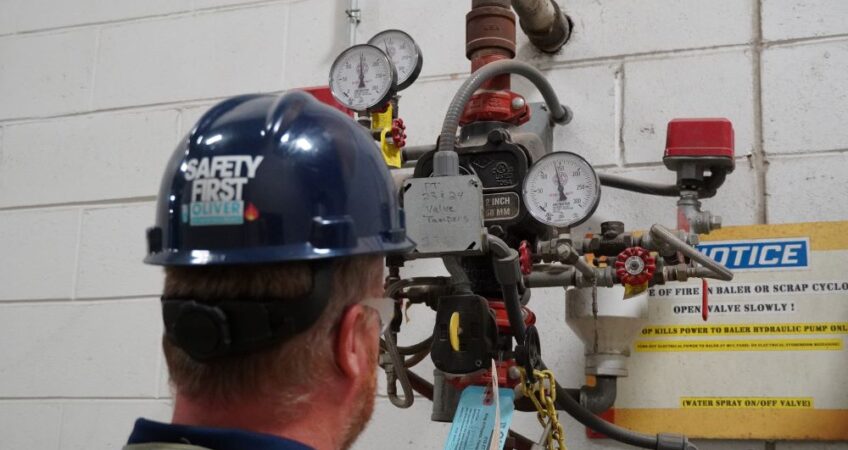In the realm of property ownership, whether residential, commercial, or industrial—safety and compliance are not optional. They are legal, ethical, and financial imperatives. Two critical components in ensuring a property is safe and compliant are the National Fire Protection Association (NFPA) codes and the expectations of the Authority Having Jurisdiction (AHJ). Understanding both is essential for every property owner.
What Are NFPA Codes?
The NFPA is a global nonprofit organization that develops and publishes more than 300 consensus codes and standards intended to minimize the risk and effects of fire and other hazards. These codes cover everything from fire alarms and sprinkler systems to electrical safety and building construction.

Who Is the AHJ?
The Authority Having Jurisdiction (AHJ) refers to the organization, office, or individual responsible for enforcing the requirements of a code or standard. This could be a fire marshal, insurance carrier, building inspector, or other local code enforcement official. The AHJ interprets and applies NFPA codes within their jurisdiction and has the final say on compliance matters.
Why Understanding Both Matters
Legal Compliance
- Failure to comply with NFPA codes or AHJ directives can result in fines, stop-work orders, or even legal action. Understanding these requirements helps property owners avoid costly penalties and legal entanglements.
Safety Assurance
- NFPA codes are designed to protect lives and property. By following them, property owners ensure that their buildings are equipped to prevent, detect, and respond to fires and other hazards effectively.
Insurance Requirements
- Insurance companies often require compliance with NFPA standards. Non-compliance can lead to denied claims or increased premiums. Demonstrating adherence to these codes can also help in negotiating better insurance terms.
Project Efficiency
- During construction or renovation, knowing what the AHJ expects can streamline the permitting and inspection process. This reduces delays and helps avoid costly rework due to non-compliance.
Reputation and Responsibility
- For commercial property owners, compliance reflects a commitment to safety and professionalism. It builds trust with tenants, customers, and the community.
Understanding NFPA codes and AHJ expectations is not just a technical requirement, it’s a cornerstone of responsible property ownership. It ensures safety, legal compliance, and operational efficiency. By staying informed and proactive, property owners can protect their investments, their occupants, and their peace of mind.

Article by Tom Morrow
Inspection Sales Manager

